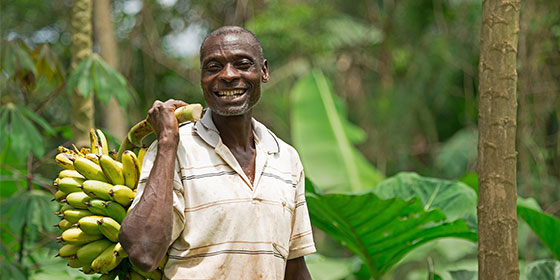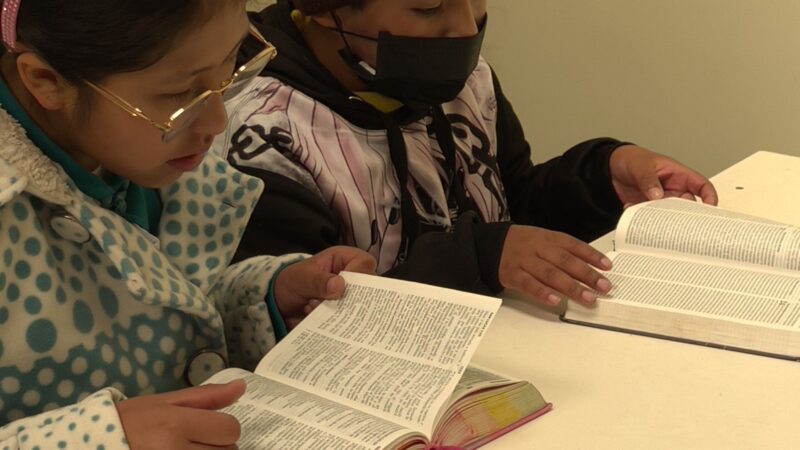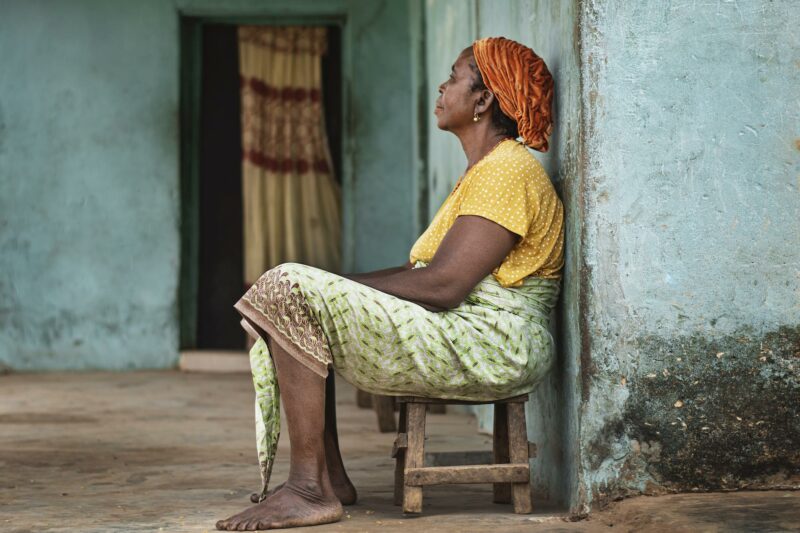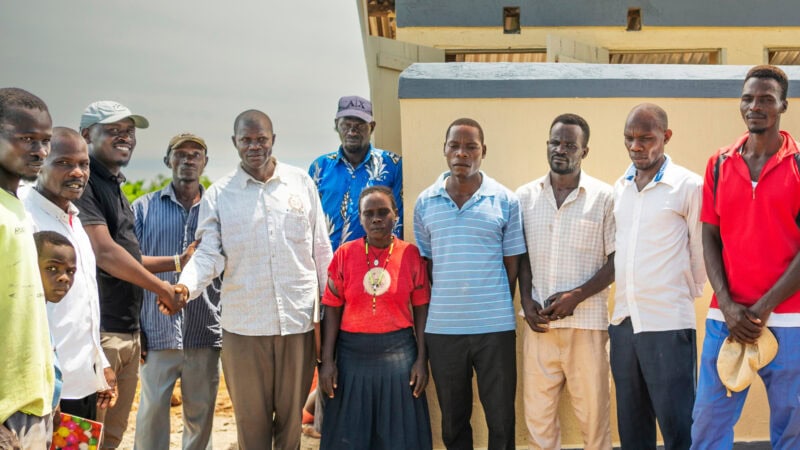What Does “Third World” Really Mean?
I’m sure you’ve heard the term “third world.” If someone says, “third world nation,” you probably think of some place in Africa, Asia, or South America that has no running water, dirt roads, unreliable electricity and mud huts. And you’re mostly right—in the sense that that’s what most people mean. There’s also another way to say third world country. Using a third world country synonym can remove stigma and avoid offending people from those countries.
But why do we call it the “third world”? And if that’s the “third world,” what’s the “second world” and the “first world”?
Maybe you’ve heard the term “first world problems” when someone is complaining about having to decide what to wear to a party, or sluggish Wi-Fi, or air conditioning that is working “too well” and making you chilly. What’s another word for third world country, and do you know what factors get a nation dubbed “first,” “second,” or “third”?
Guess what: while the term “third world” has generally come to mean poverty-ridden, developing nations in Asia, Africa and Latin America, that has nothing to do with the original meaning.

Get ready for a little history lesson… I promise it won’t be long or complicated. Shortly after World War II, there was a French economic historian named Alfred Sauvy who coined the terms “first world,” “second world,” and “third world” in 1952.
The first world was the United States, the United Kingdom, and their allies.
The second world was the Soviet Union, China, and their allies.
The third world was everybody else who was neutral or not aligned with either the U.S. or the Communist Bloc.
So, the categorizations were political, having nothing to do with level of development, yet it’s become a stereotype that “third world nations” refer to poor, non-industrialized nations. But sometimes nations like Brazil, India and China, that are newly industrialized, are still referred to as part of the third world. Does a third world country synonym exist?
Third World Country Synonym: What’s Another Word for Third World?
But some people consider the term “third world” offensive and out of date since we’re no longer in the era of the Soviet Union, so “developing nation” is a more common term. Emerging nation is also a third world country synonym.
So the next logical question is: well, what exactly defines a nation as “developing” or “developed”?
Well, nobody really knows the answer to that either. There are no agreed upon standards for classifying a nation in one category or the other.
Last year, the World Bank, which reports on all kinds of economic statistics for every nation on the planet, decided not to divide countries into categories of “developed” or “developing” any longer—since nobody knew exactly what that meant anyway.
But here are some typical benchmarks that are taken into consideration when deeming a country “developing.” Generally, we see low rates of industrialization, low standards of living, agriculture that is done using primitive methods, and other key indicators, like:
1) A lower life expectancy. For example, in Uganda the life expectancy is 59 years, whereas in the U.S., it’s 79 years.
2) Secondly, people in developing nations have less education and lower literacy rates. Take Haiti, for example: almost four out of every 10 adults over 15 years of age is illiterate.
3) Thirdly, people in developing nations have less income. Of course there are a range of poor, middle-class and wealthy people in every nation, but in developing nations, the percentage of people living off of practically nothing is staggeringly high.
That’s why, at Bright Hope, it’s our mission to work with churches in developing nations to help the poorest of the poor: people who live on less than $2 a day. Trying to survive off of that is unfathomable to most of us.
And while the challenges developing nations face are complicated and intense, here’s something positive to note: Since the late 90s, developing countries typically have higher rates of overall economic growth than developed nations.
This is a great sign because progress is being made, and as the economy improves, infrastructure, employment, education and other life-changing improvements start to happen.
Around the world, more children than ever before are going to school.
More people have clean water access than ever before.
There’s much to be done still, but let’s keep up the good work. So, whether you think of it as the “third world” or as a “developing nation,” thank you for partnering with us as we sow into these countries, making lasting change for today and eternity.





